After reading Dany Marquis' article yesterday on the Brulerie du Quai blog, I decided to take the time to analyze it and make a more constructive than emotional response. For an article that was intended to be informative, it made many people react. Including me! Being more of a filter coffee fan myself, I still like to experiment with espresso.
"While producers can now promote better coffees and profit from them, there is still one segment of coffee drinkers who are resisting the arrival of better coffees: espresso lovers." -Marquis
Dany Marquis' arguments
The lower quality coffee bean
"To truly appreciate specialty or third-wave coffees, you need to understand why they're different from regular beans - something many espresso machine users don't do because they rely on espresso drinks to mask any undesirable flavor associated with low-grade beans."
Let's be real - low-grade coffee just doesn't hit the same as specialty coffee. And if you're stuck with subpar coffee, try adding some milk to hide the bitterness. But don't let anyone tell you that you can't splurge on some high-quality beans for your espresso machine - treat yourself!
There's something special about a perfectly crafted cortado, and for me, that includes a splash of creamy milk. While some may argue that it masks the flavor of the coffee, I've found that it adds a unique dimension that enhances the overall experience. That said, I've also learned that different beans create different taste profiles, and while a Brazilian Cerrado pairs well with milk, a Pacamara from Guatemala may shine on its own.
To make a good answer, I will rephrase what I think Dany is trying to say. Espresso machines give a more concentrated coffee which can mask the nuances of specialty coffees. I think this is the only good argument in the article but still not enough.
For espresso lovers, the ratio used can significantly impact the flavor and aroma of the brew. While a ratio of 1:2 can result in a strong taste, utilizing a 1:5 ratio can unlock unique notes and flavors. For instance, my anaerobic coffee from Costa Rica delivers a distinct taste profile compared to my double-washed coffee from Kenya. The differences in the coffee beans, as well as the brewing process, contribute to the diverse taste experiences.
Questionable causal links
"The popularity of these espresso machines means that people still think of coffee as a commodity rather than a tasting product."
"People proudly display their espresso machine on their countertop as a social symbol of success. This craze perpetuates the idea that coffee should be considered a commodity..."
Is it the popularity of the espresso machine that is really holding back the advancement of specialty coffee? One could make the same argument with Tim Horton's coffee and say that filter coffee is preventing the advancement of specialty coffee.
Is being proud of your espresso machine contributing to a harmful idea? However, there are counter examples to this claim. For instance, the members of Espresso Quebec proudly own machines and enjoy various specialty coffees. Overall, the validity of the connections seems doubtful.
Coffee as a drug
In the article, the espresso machine is blamed for the advancement of specialty coffee. To answer that, I think we need to rethink why people drink coffee. For most people, it's a comforting routine or a little boost in the day.
"If people are not able to experience different types of coffee and identify individual flavor profiles, they will continue to view coffee as just another commodity..."
Not everyone drinks coffee to taste all the flavors that are hidden in it. That's fine, there's not an infinite amount of specialty coffee. If everyone starts drinking it, that's less for third-wave espresso fans.
"Another factor that keeps people from enjoying quality coffees is cost. Quality beans generally have a higher price tag than basic beans, making them more expensive than your average cup of coffee."
Effectively, not everyone wants to pay a premium price. Specialty coffee is a luxury that can be enjoyed in both filter and espresso.
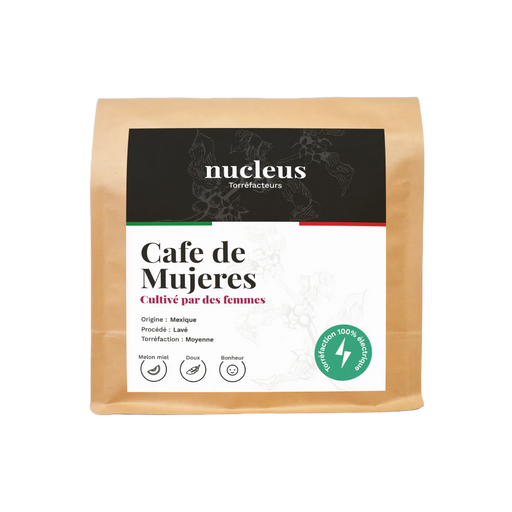

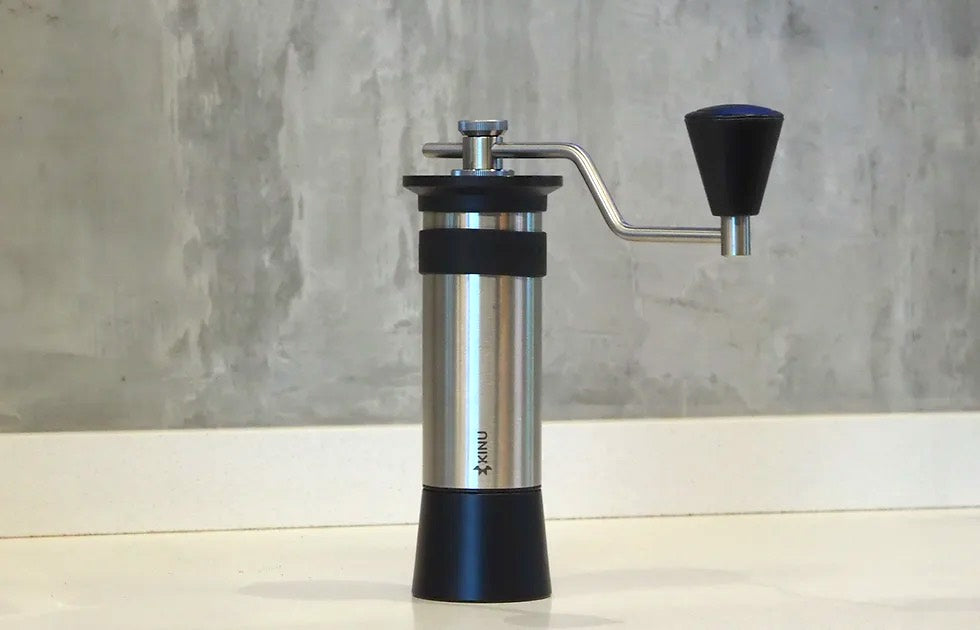





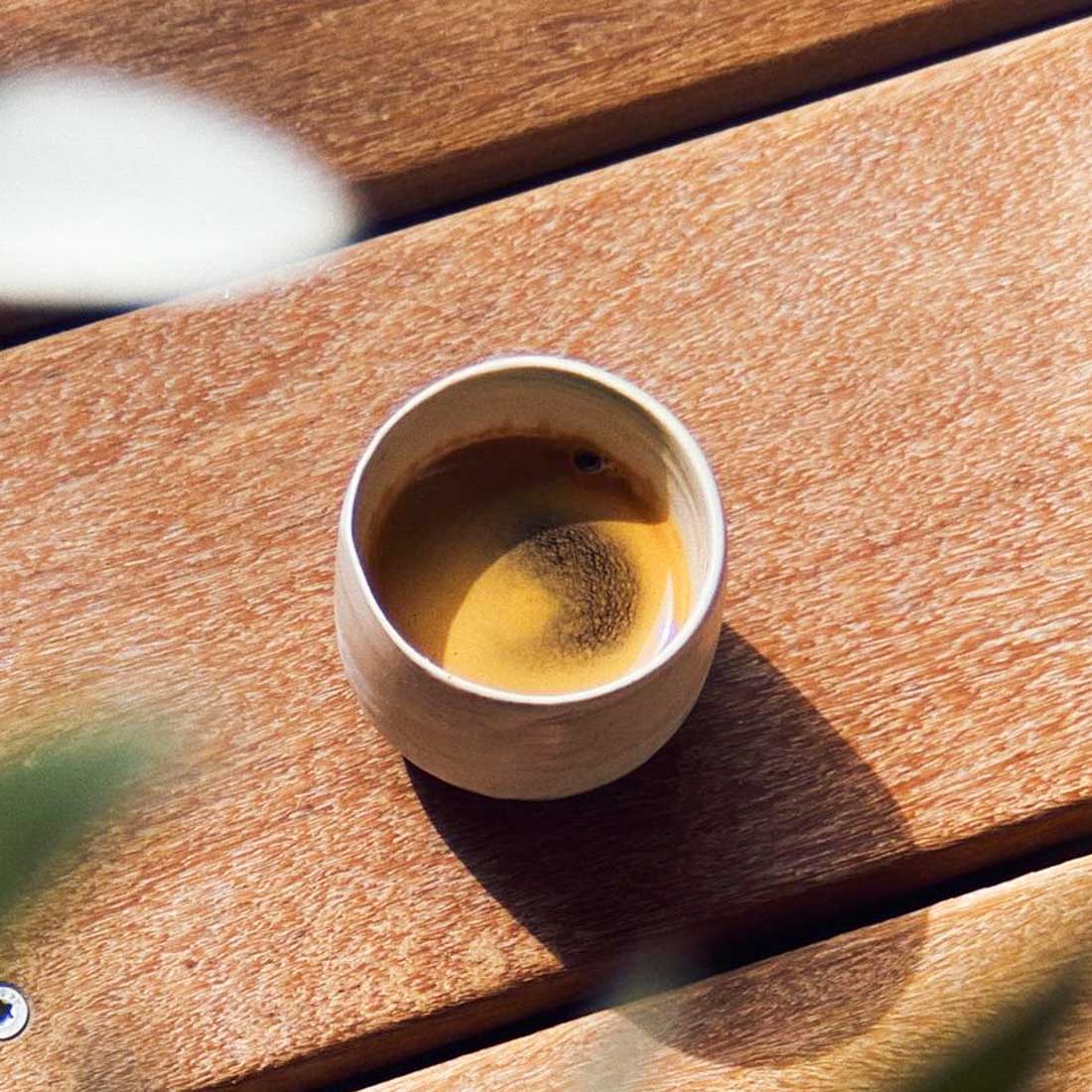
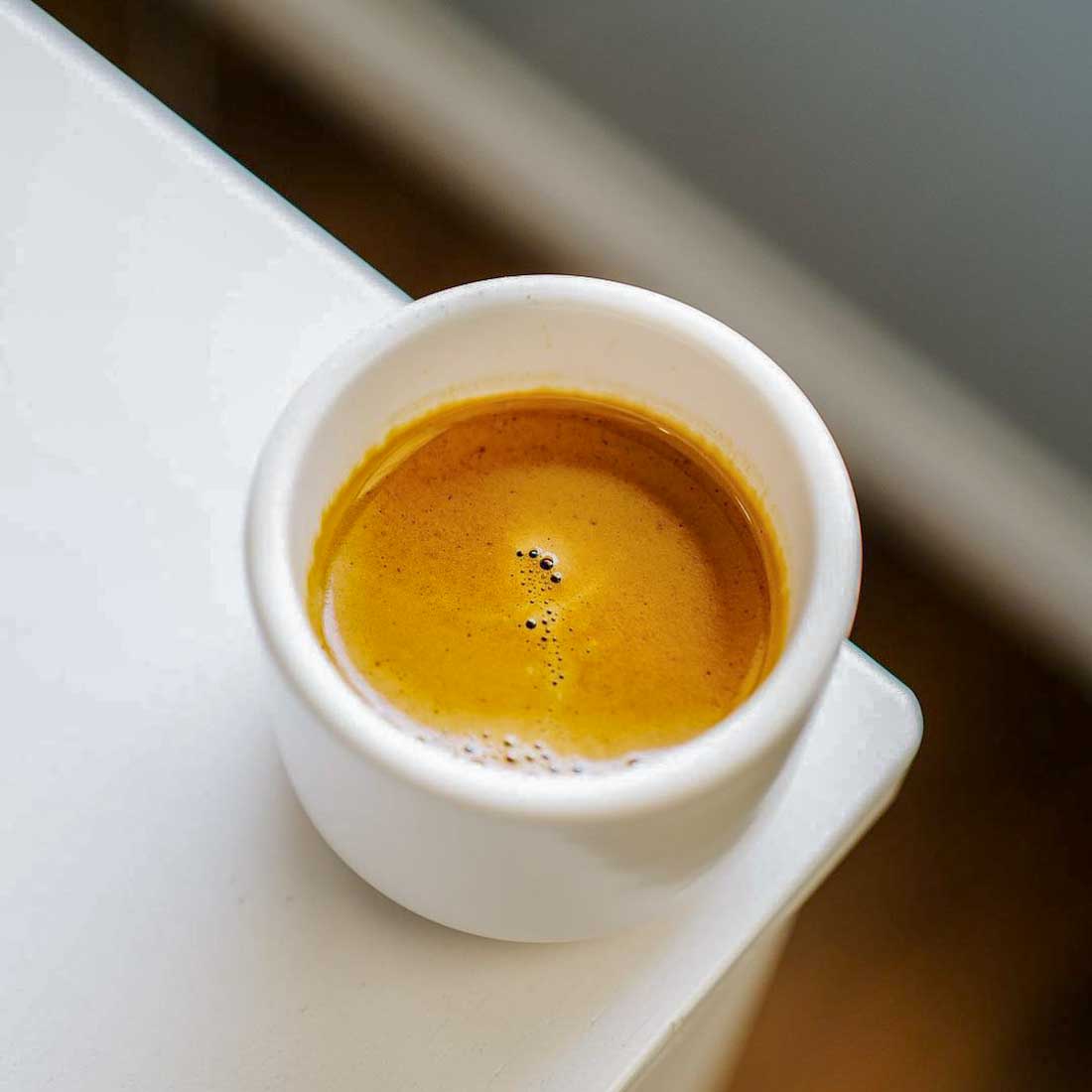
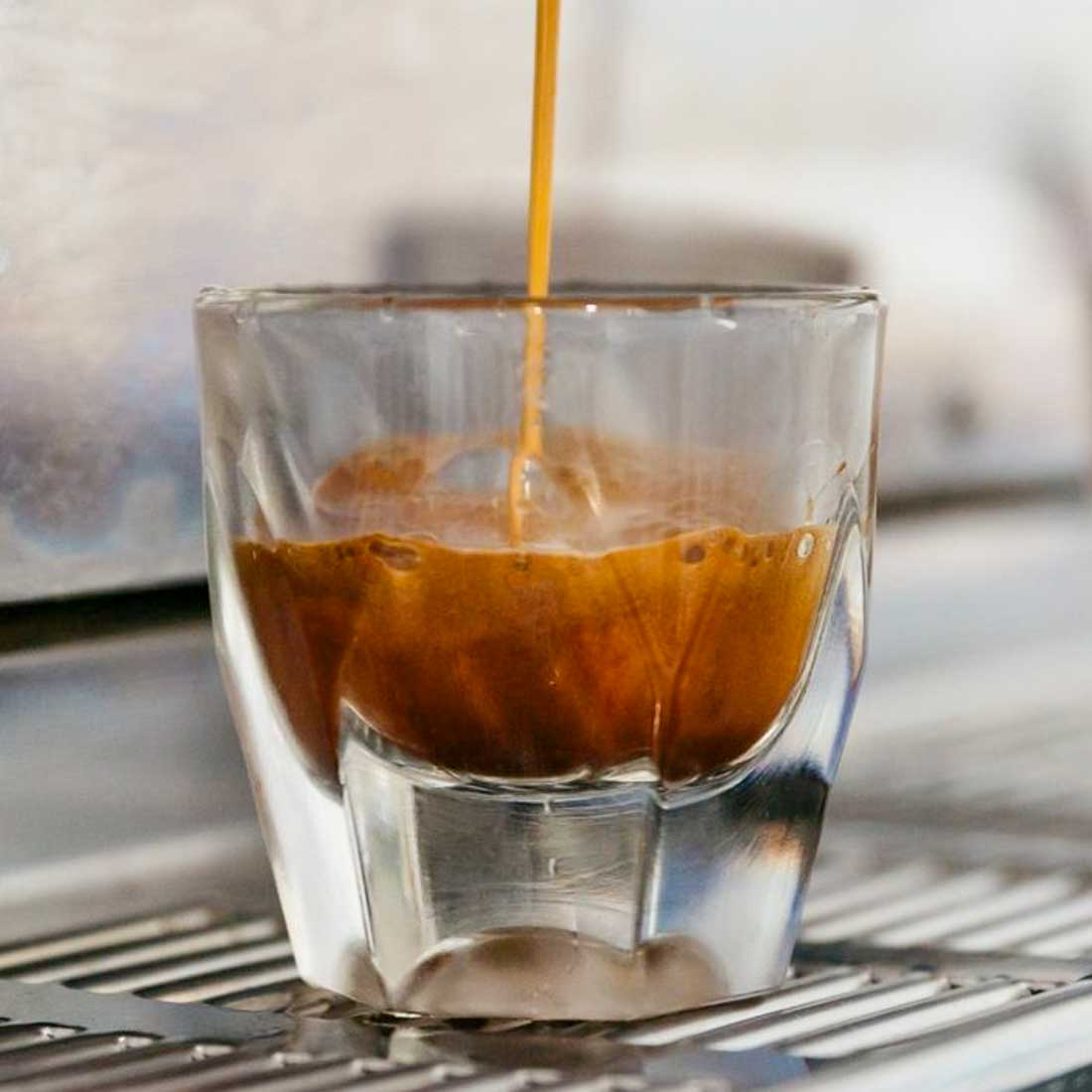
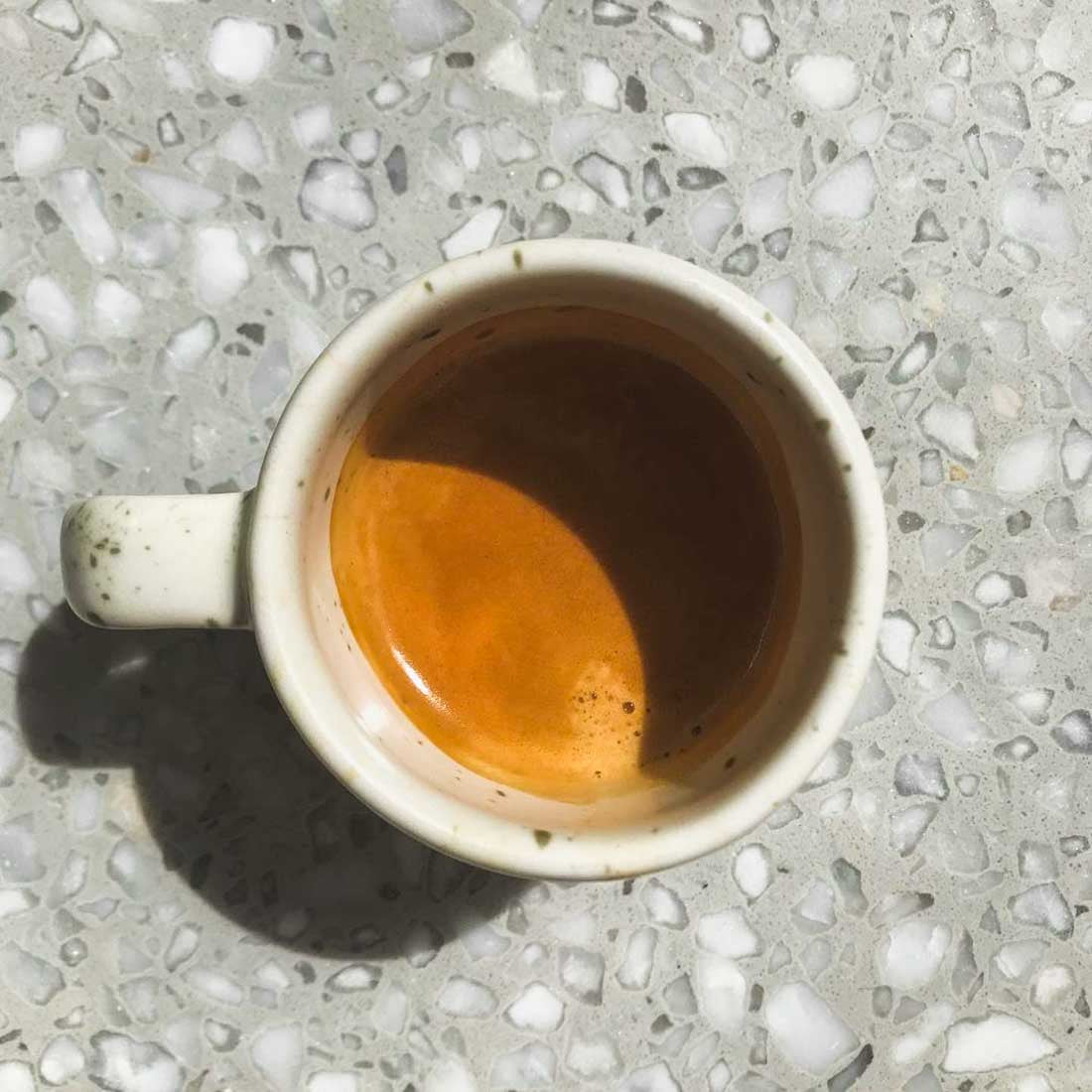
Comments
There are no comments.
Your comment